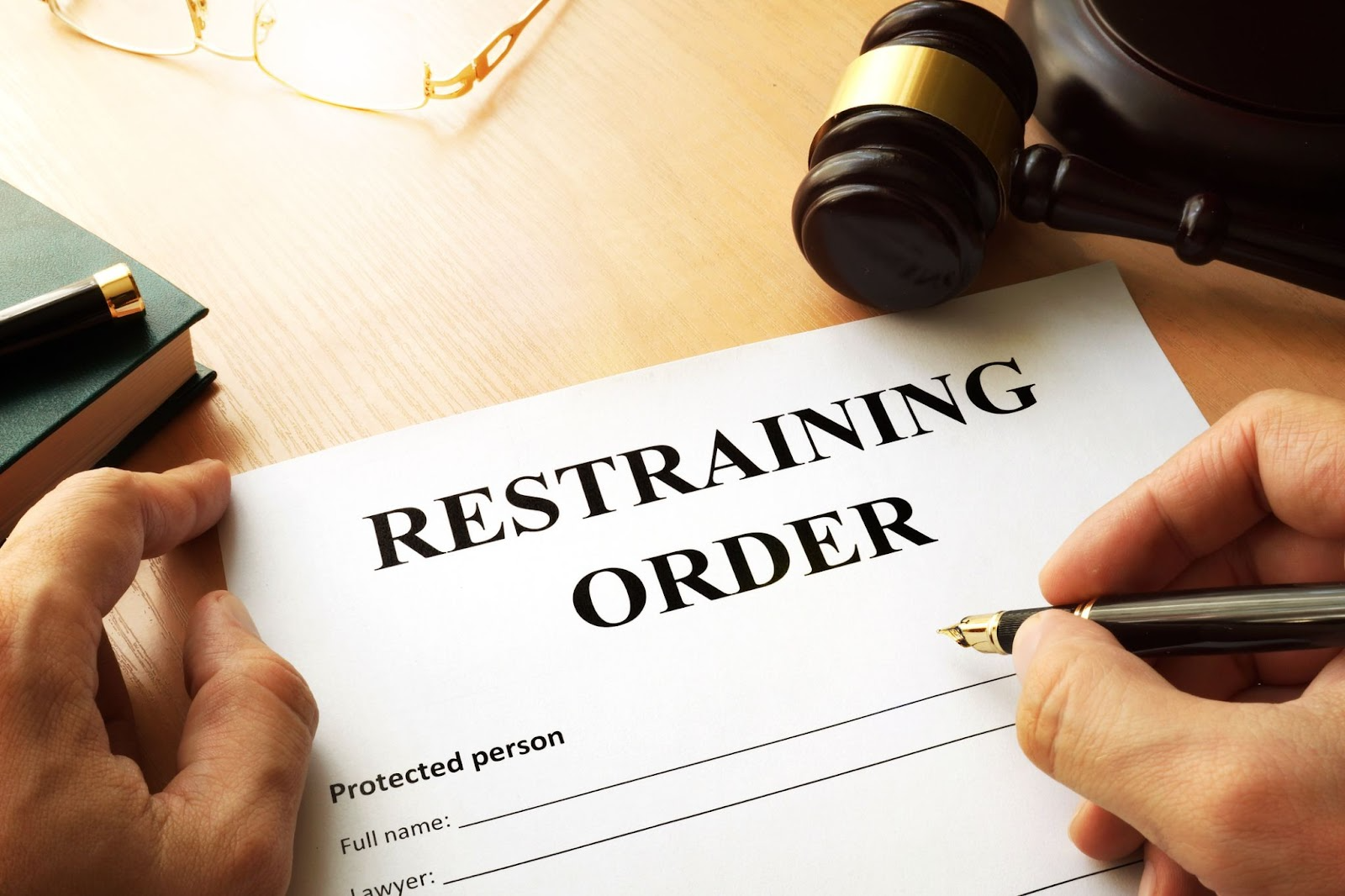A restraining order is a legal measure designed to protect individuals from abuse, harassment, stalking, or threats of violence. Courts may issue these orders to prohibit a specific person from contacting or approaching the protected individual. While the criteria for obtaining a restraining order vary by jurisdiction, they generally involve situations involving threats to a person’s safety or well-being.
Domestic Violence
Domestic violence is one of the most frequent reasons individuals seek restraining orders. This type of abuse can include physical harm, emotional or psychological manipulation, sexual abuse, coercion, or stalking by a current or former partner or family member. A restraining order in these cases can help prevent the abusive party from making contact or coming near the victim.
Stalking and Harassment
Stalking involves repeated, unwanted attention that leads the victim to fear for their safety. This can include being followed, receiving unsolicited messages, or being surveilled either physically or digitally (e.g., through social media or tracking devices). Harassment refers to persistent behavior meant to disturb or intimidate, such as unwanted visits, spreading false information, or using threatening language. These behaviors may justify legal protection through a restraining order.
Threats or Acts of Violence
Restraining orders can be issued when there are credible threats or acts of violence, even if no physical harm has yet occurred. Verbal, written, or electronically communicated threats that create a reasonable fear of harm to a person, their family, or property can be grounds for legal protection.
Sexual Assault
Survivors of sexual assault, including attempted or completed non-consensual sexual contact, can seek restraining orders against the perpetrator. This type of legal protection aims to prevent further harm and provide a sense of safety and distance from the assailant.
Types of Restraining Orders
Several types of restraining orders exist, depending on the urgency and circumstances of the situation:
-
Emergency Protective Orders (EPO): These are issued quickly in emergency situations and typically last only a few days.
-
Temporary Restraining Orders (TRO): A TRO offers short-term protection until a formal hearing takes place. It usually remains in effect for two to three weeks.
-
Permanent Restraining Orders: Issued after a court hearing, these can provide long-term protection for up to several years, depending on the jurisdiction.
How to Obtain a Restraining Order
To begin the process, the individual must file a petition with the appropriate court. This petition should include detailed accounts of the incidents that led to the request, along with supporting evidence such as text messages, photographs, emails, or witness statements. After reviewing the application, the court may schedule a hearing. Both parties will have the opportunity to present their case, and the judge will determine whether to issue the order.
Need Legal Help with a Restraining Order in Conroe, TX?
If you or someone you care about is considering obtaining a restraining order, having the right legal guidance is important. Benton Baker IV provides legal support for individuals seeking protection from threats or harm. To schedule a consultation, call us at 9364942444 or fill out our online form. We’re here to assist you with professionalism and care in Conroe, TX.

